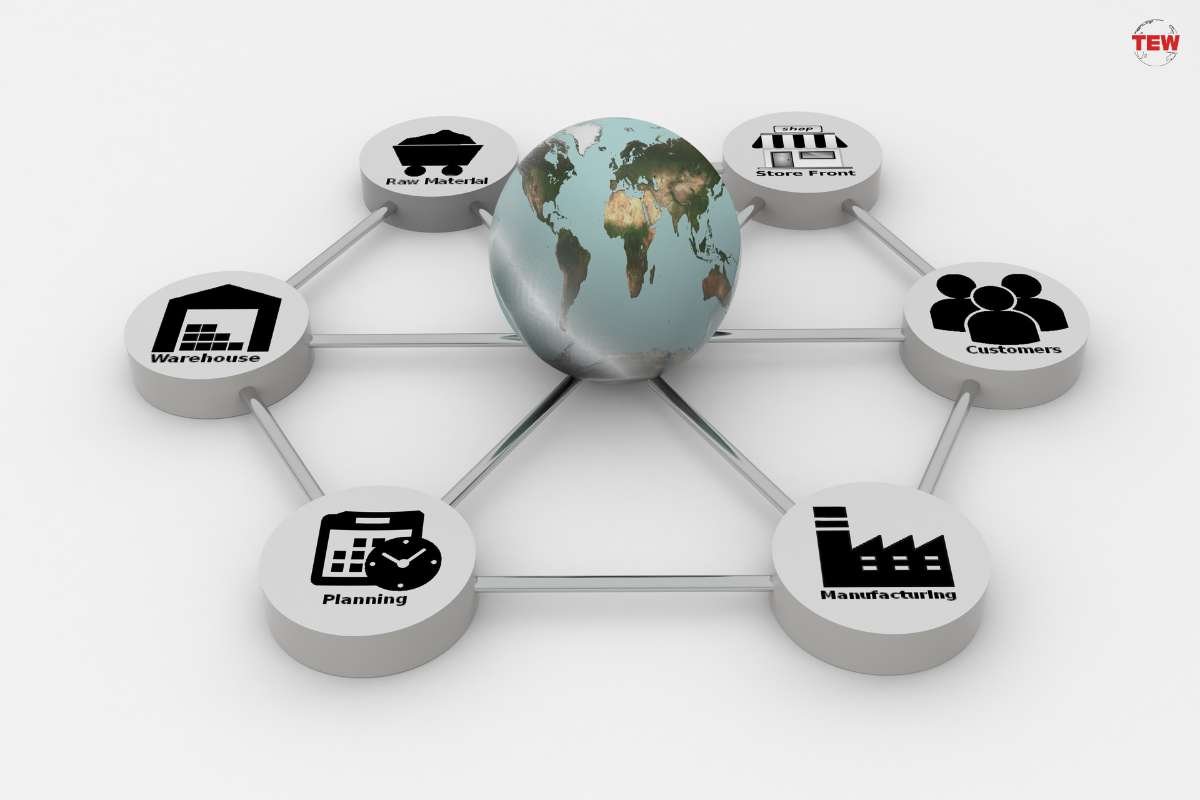From using AI writing tools to produce high-quality content for your company websites and social media posts, to leveraging AI business technologies to automate daily processes, artificial intelligence has already demonstrated a few lucrative advantages for business owners. What you may not know, however, is that AI business technologies also hold a myriad of benefits with regards to boosting the sustainability of corporate operations. How so?
Truth be told, the relationship between sustainability and AI business technologies is a lot more dynamic and complicated than you may expect it to be at face level. But there are actually many features in AI tools like industrial IoT solutions that can aid companies in reaching their independent sustainability goals.
We’ll be outlining some of the more notable ways that AI can help your company meet its sustainability goals.
Read on to learn more about how your enterprise can use AI business technologies for itself:
1. Providing environmental impact data
IIoT solutions are typically developed to produce a wide range of analytical insights for business owners to use however they see fit. One of the more unique insights that can be provided by IIoT platforms is the estimated production of greenhouse gases or carbon emissions as a direct result of your company operations.

These insights can be incredibly valuable for a wide range of different industries, spanning from agribusiness to the mining sector, and even to enterprises that manage data centres, these being notorious for maintaining higher than average rates of energy consumption.
Granted, environmental impact data can look different from industry to industry. For example, agricultural enterprises are likely to monitor factors like soil compaction or soil pH levels. Contrastingly, fabrication and manufacturing enterprises are likely to look at the energy efficiency of their production line. As for IT enterprises, monitoring the carbon emissions produced by dedicated data centres has been a paramount concern for the past decade or so now. Thankfully, these enterprises do have the option of utilising renewable energy, and AI tools will help them accurately gauge the impact that renewable energy sources have on the overall sustainability of their AI business technologies operations.
2. Improving the fuel efficiency of supply chain activities
Speaking of correcting carbon emissions, it’s safe to say that transportation and logistics tends to be one of the largest expenses for many modern AI business technologies across a range of different industries. And this isn’t just due to the rising costs of fuel either, but also to the bottleneck effect we’ve seen across the global trade sector as a whole.

Shipping and import costs have just become increasingly exorbitant, which has resulted in many corporations cutting costs elsewhere or placing these additional costs on their customer base by increasing their own prices. These cost increases can also be doubly sobering for companies who look at shipping and transportation as a ‘necessary evil’, knowing full well that this element of their business does produce an alarming level of greenhouse gas emissions.
Thankfully, many IIoT solutions also provide integrated GPS and vehicle or fleet management features that effectively allow business owners to assess the fuel efficiency of their supply chain. With nifty logistics tools like smart trackers and a centralised IIoT platform at your disposal, you can basically alter your transportation routes to maximise on your company’s fuel consumption.
3. Optimisation of resource and materials consumption
There are some undeniable benefits to being a sustainable business, spanning from an improved workplace culture and employee satisfaction ratings, to ensuring that your company stays agile and ready for an increasingly eco-friendly economic future. And just as curbing your household’s energy consumption can also help you save on your utility bills, so too can investing in sustainable AI business technologies practices drastically reduce the operational costs that keep your enterprise afloat.
It goes without saying that optimising your supply chain will result in a decreased fuel consumption, which will in turn result in a lower fuel expenditure. But there are a plethora of other ways that you can enjoy monolithic savings by simply investing in your company’s sustainable development. One particularly effective way is by monitoring your company’s consumption of all materials and resources.
For fabrication and manufacturing corporations, this means looking at your production yield versus the total amount of materials used to produce that yield. Even minuscule changes to your production processes can result in a far more optimised process when applied en masse. For example, corporations working within the textiles industry may find that they can get one or two more end products out of every 5 metres of fabric with just a few tweaks. And for a production line that’s utilising upwards of 100 metres of fabric an hour, you can’t even begin to imagine the additional profits generated by this simple change.
But these profits aren’t just generated by increased yields alone. You also have to factor in the financial advantages of a reduced waste consumption. You’re using more of your raw materials, which means less waste and a lower expenditure on waste disposal.
4. Harnessing the power of predictive analytics
Now that we’re reaching the end of this deep dive, it may be clear that bolstering the sustainability of your enterprise can actually provide many overlapping or interrelated benefits. Less resource consumption means reduced expenditures, and so on and so forth. Whilst we can make these connections in our heads, this logical cause and effect can actually be taken a lot deeper thanks to AI tools. How so?

With the power of predictive analytics, AI tools are capable of taking your environmental data and extrapolating based on additional performance metrics (kilometres driven, fuel consumed, electricity used, etc.) in order to make some pretty accurate calculations of the holistic impact that any one change can make on your company’s overall sustainability. In other words, your IIoT solutions can actually tell you what impact an eco-friendly change is likely to have before you even put that change into effect.
This is arguably the most crucial component of AI’s eco-friendly potential, and the primary reason why the United Nations consider AI and IIoT solutions to be ‘vital’ in the race to meet their SDGs (or ‘Sustainable Development Goals’). Your corporation can heed their assessment of the power of AI for yourself, allowing you to contribute to humanity’s collective task to reach the SDGs in time for their 2030 deadline.
All things considered, AI tools are likely to be a valuable asset for all businesses over the next few decades. Taking the time to find the right IIoT solutions for your enterprise now may end up saving you hundreds of thousands of dollars over these coming financial years, depending on the scale of your corporation.






